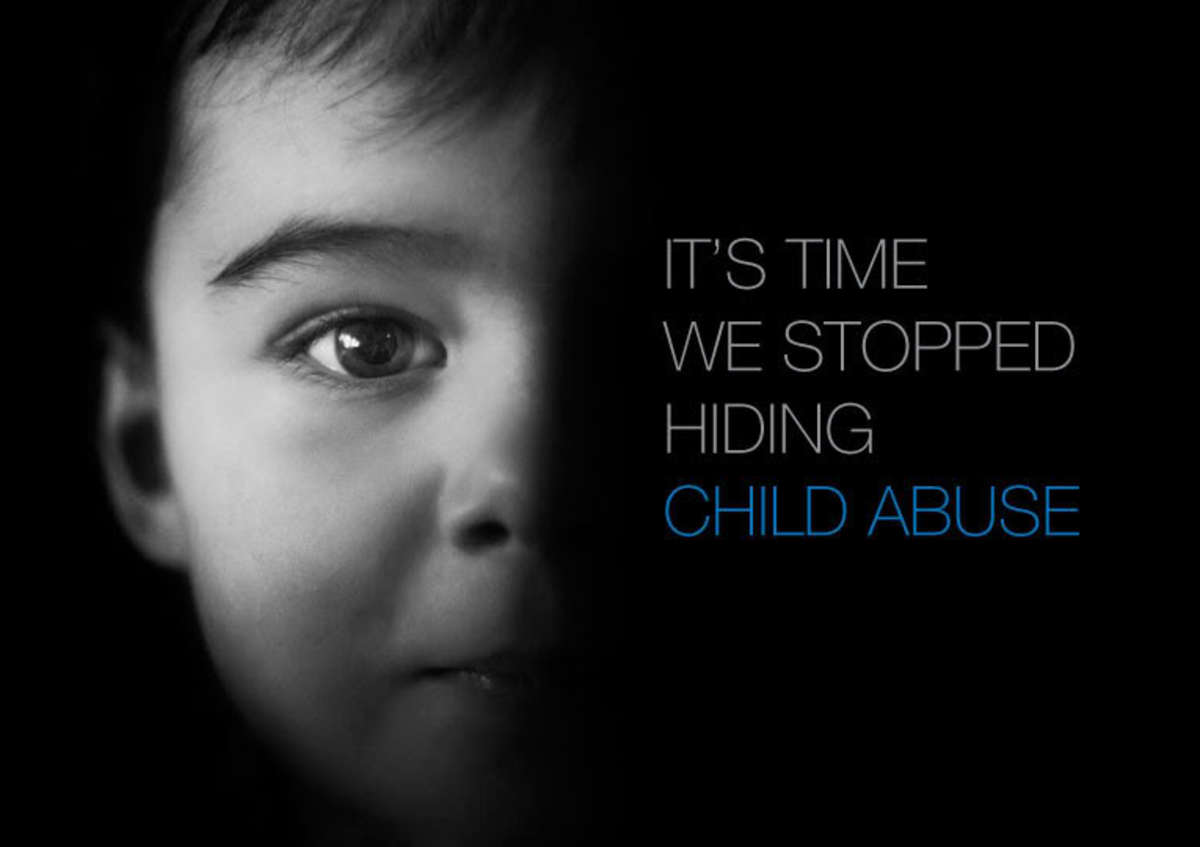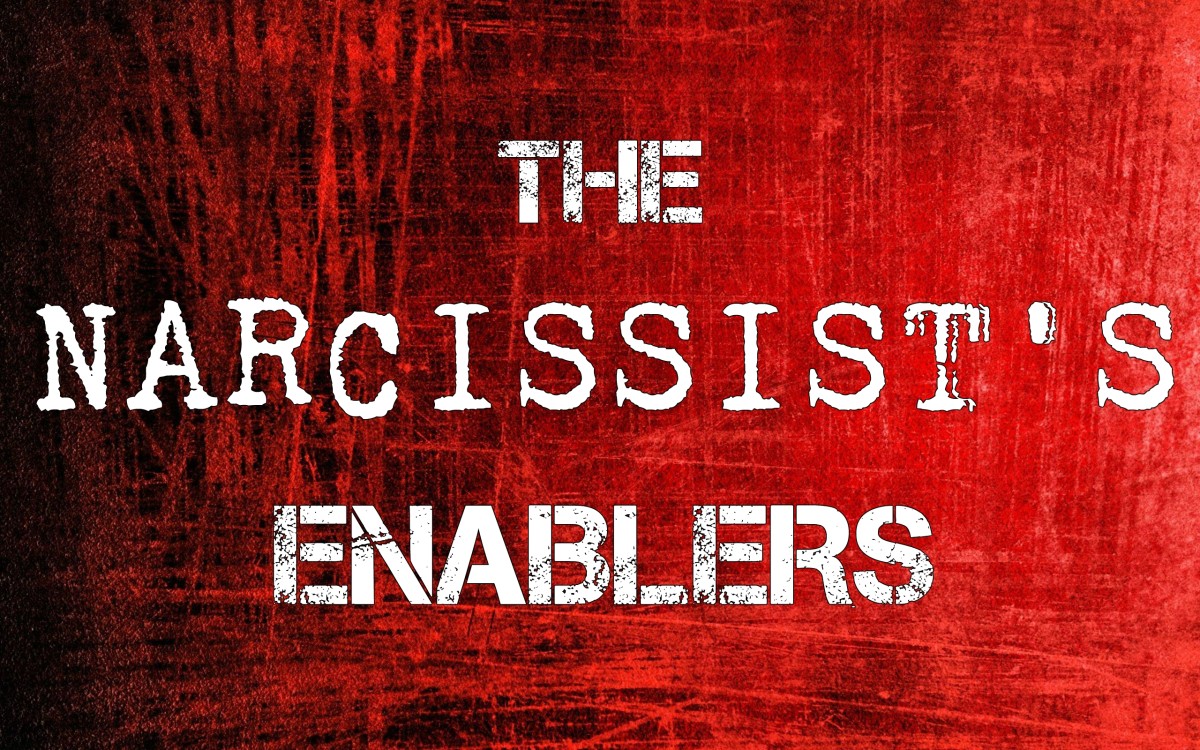Therapy-Speak Decoder: 9 Buzzwords People Misuse + Better Scripts
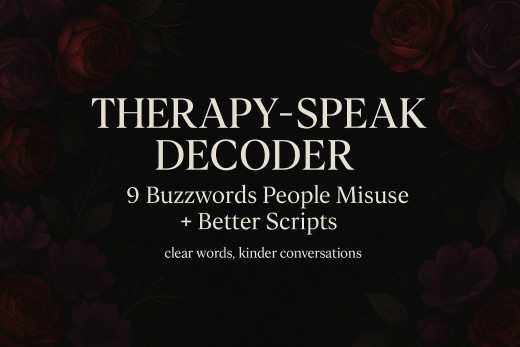
Introduction
Why this, why now
Therapy words jumped from clinics to group chats, TikTok, and office Slack. We say narcissist, triggered, boundaries, trauma, attachment almost every day. The upside is shared language. The downside is blur. When we use clinical words for everyday moments, real conditions get fuzzy, people feel mislabeled, and hard conversations stall. This guide gives you kinder, clearer wording so you can name what’s happening without turning everything into a diagnosis. It helps you protect the meaning of real disorders, reduce fights that start over vocabulary, and get to the part that actually matters: needs, impact, and next steps.
What this is
A plain-English decoder with copy-ready scripts. Each entry gives you:
-
What it actually means in mental-health settings.
- When you probably mean in everyday life.
- Try this instead with quick lines you can use with partners, friends, family, or coworkers.
It’s short, skimmable, and designed for real life when you are tired, busy, or running on iced coffee.
What this is not
This is not a diagnosis tool, a way to label people, or a substitute for care. If a behavior worries you, talk with a licensed professional. If you or someone else is in immediate danger, call local emergency services. For mental health crises in the U.S., you can call or text 988 for support.
Try this today
- Pick one term you use a lot. Rewrite it in plain words.
- Say the need and the next step out loud.
- Notice what changes in the room.
Pocket card to save
- 3R check: Real meaning. Relevant to this moment. Respectful wording.
-
2N finish: Name your Need. Offer a Next step.
Example: “When the meeting ran over I felt stressed. I need a 5-minute break. Let’s restart at 2:10.”
The List 1-3
1) “Dissassociated”
The everyday word “disassociate” shows up in general English, but in mental health we use dissociate and dissociation. We are talking about being partially or fully disconnected from the present experience. It lives on a spectrum, from highway autopilot and time loss, to feeling floaty or unreal, all the way to complex dissociative disorders.
When you probably mean: “I zoned out,” “I went on autopilot,” or “I felt far away from myself.”
Try this instead:
- “I zoned out for a bit and missed that last part.”
- “I drove home on autopilot and barely remember it.”
- “I felt detached in that meeting. Can we circle back”
- “I feel floaty. I am going to ground for two minutes.”
2) “Everyone is on the spectrum”
Autism spectrum disorder has specific clinical criteria and a measured prevalence. It is not a catchall for quirks or introversion.
When you probably mean: “People have different social styles and sensory needs.”
Try this instead:
- “I process social cues differently.”
- “This space is loud for me. Can we step outside”
3) “They’re a narcissist”
Narcissistic Personality Disorder is a clinical pattern of grandiosity, need for admiration, and reduced empathy across contexts. That is different from someone being self-focused in a moment.
When you probably mean: “I am hurt by this specific behavior.”
Try this instead:
- “I felt dismissed when my idea was waved off.”
- “That joke was at my expense. Please do not repeat it.”
- “When the conversation stays on your wins, I feel invisible. Can we balance it out”
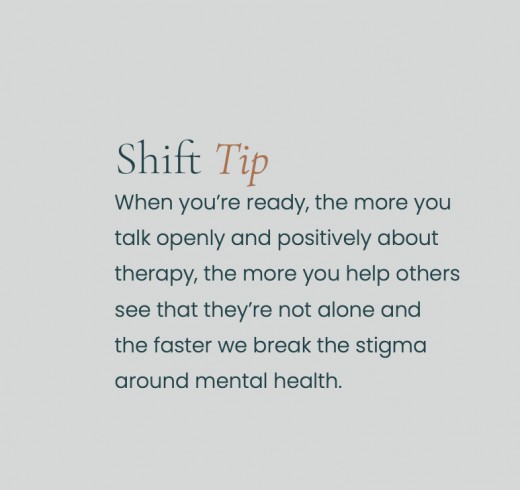
What About You?
Which term do you hear misused most
The List 4-6
4) “Boundaries”
Boundaries are what you do, not what you make other people do. They are your limits for time, body, energy, and access.
When you probably mean: “Here is what I will do next time.”
Try this instead:
- “I am not available after 7 pm. I will reply tomorrow.”
- “I will attend and I will not discuss work.”
- “If the conversation turns to politics I will log off.”
- “I am leaving at 9. I will say goodbyes at 8:45.”
5) “Gaslighting”
Gaslighting is a deliberate pattern that tries to make you doubt your memory or perception. It is not a simple disagreement or someone getting defensive once.
When you probably mean: “We remember this differently,” or “I feel dismissed.”
Try this instead:
- “My memory of the conversation is X. Can we check texts so we can align.”
- “I feel unheard. Please reflect back what you heard me say.”
- “I am confident in what I experienced. I want to talk about impact.”
6) “Triggered”
A trigger is a cue that brings on trauma reminders and body responses like panic, freeze, or flashbacks. Different from feeling annoyed or grossed out.
When you probably mean: “That topic spikes my anxiety.”
Try this instead:
- “This is hard for me. Can we pause for five minutes.”
- “I need headphones for this movie. The sound is a lot for me.”
- “I need a minute to ground. I will be back at 3:10.”
- “I cannot engage with that content today. Please flag it first.”
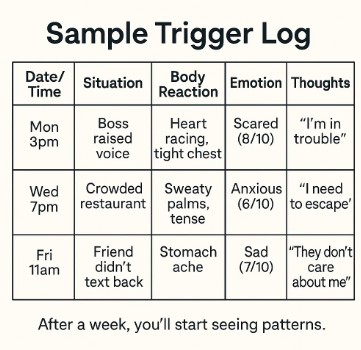
The List 7-9
7) “I’m so OCD/ADHD/bipolar”
Diagnoses are real conditions that shape people’s lives. Saying “I’m so OCD” when you like a tidy counter or “I’m bipolar” when you had a moody afternoon blurs what these disorders actually are.
Quick clarity:
- OCD involves intrusive thoughts and repetitive behaviors that eat time and peace. Not a love of labels and color coding.
- ADHD is ongoing patterns of inattention and/or hyperactivity that affect work, school, and relationships. Not a random scattered day.
- Bipolar disorder means distinct mood episodes that last days or weeks and shift energy, sleep, and judgment. Not quick flip-flops or a spicy personality.
What you probably mean: “I like order,” “My focus is off,” or “My moods have been wobbly.”
Try this instead:
- “I like this arranged a certain way.”
- “Details matter to me, I’m taking one more pass.”
- “My focus is cooked after lunch, I’m taking a ten-minute reset.”
- “When things feel out of place I get anxious, tidying helps me settle.”
8) “Trauma bonding”
Trauma bonding is not “we got close during a hard time.” It describes attachment that forms inside a pattern of harm where hurt and kindness keep cycling. That on-off reinforcement can glue you to someone who is not safe.
What you probably mean: “We bonded over grief” or “Stress made us close.”
Try this instead:
- “I feel pulled back after being hurt, I want support to understand that pull.”
- “I need distance to feel safe and clear.”
- “I notice a cycle of hurt and apology, I am getting help to step out of it.”
9) “Attachment style”
Styles are a starting map, not a prison sentence. Secure, anxious, avoidant, disorganized describe common patterns, and patterns can change with safety, insight, and practice.
What you probably mean: “I get anxious when texts slow down,” or “I shut down when I feel judged.”
Try this instead:
- “When I do not hear back I assume the worst. Can we set a check-in plan”
- “I go quiet when I feel criticized. I will say it sooner next time.”
- “Reassurance helps me stay present. Can we name that in the moment”
- “If I start to shut down, let’s pause for two minutes and come back.”
Labels are tools, not weapons. Use them with care, keep people at the center, and the room gets softer for everyone.
Thank You!
Thanks for spending a few minutes choosing kinder words with me. If something here helped, tell me which line you tried or rewrote. Your change might be the one that helps someone else breathe easier.
If you have two seconds
- Vote in the poll
- Drop a comment with the term you hear misused most
- Share this with a friend who loves clear, compassionate language
This guide is educational, not a diagnosis. If you need support, reach out to a licensed professional. In the U.S., you can call or text 988 for mental health crises.
BONUS: #10
10) “Love languages”
The five love languages come from a popular book, not a clinical model. People do have care preferences, but five buckets are too small for the whole human experience. Think of it like astrology for connection. Fun. Conversational. Sometimes useful. Not the be-all, end-all.
When you probably mean: “Here are the ways I tend to feel cared for” or “This is what helps me feel close right now.”
Try this instead:
- “I feel most loved when you check in during the day.”
- “Quality time on weekends matters more to me than gifts.”
- “Physical affection is important to me. Can we cuddle before sleep”
- “Words of appreciation help me reset after work.”
- “Acts of service help when I am overwhelmed. Can you handle dishes tonight”
This content is accurate and true to the best of the author’s knowledge and is not meant to substitute for formal and individualized advice from a qualified professional.
© 2025 BKay

